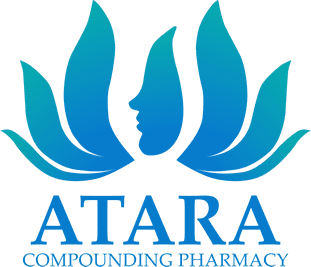What Is Compounding
Compounding combines an ageless art with the latest medical knowledge and state-of-the-art technology, allowing specially trained professionals to prepare customised medications to meet each patient’s specific needs. Compounding is fundamental to the profession of pharmacy and was a standard means of providing prescription medications before drugs began to be produced in mass quantities by pharmaceutical manufacturers.
The demand for professional compounding has increased as healthcare professionals and patients realise that the limited number of strengths and dosage forms that are commercially available do not meet the needs of many patients, and that these patients often have a better response to a customised dosage form that is “just what the doctor ordered”.
OUR COMPOUNDING PROFESSIONALS CAN PREPARE
HISTORY OF COMPOUNDING
Compounding is not new. Prescriptions have been compounded since antiquity. From plants, animals, and the earth, early medicines were compounded. This continued, and it progressed from very rudimentary to a more sophisticated practice, until the 1900s. This practice rapidly declined in the 1950’s when drug manufacturers began to mass produce standard preparations. The pharmacist’s role was then shifted to that of someone who no longer prepares compounded items, but dispenses only standard medications.
In the 1970s and 1980s, compounding began an upward climb with the introduction of bioidentical hormone replacement therapy, pain management, veterinary compounding. Over the last 20 years, physicians have been appreciating again the benefits of customised medications for their patients. Coupled with modern technology, innovative techniques and research, compounding has become more popular. Today, drug shortages have escalated compounding to a contemporary all-time high. As well over 250 drugs have been in short supply this year and the problem may continue for many years to come. Pharmacy compounding continues to serve and “fill-in-the-gap” during these times of drug shortages.
Here in Australia, ATARA Compounding Pharmacy is also serving a widespread group of doctors and patients to meet their unique needs

